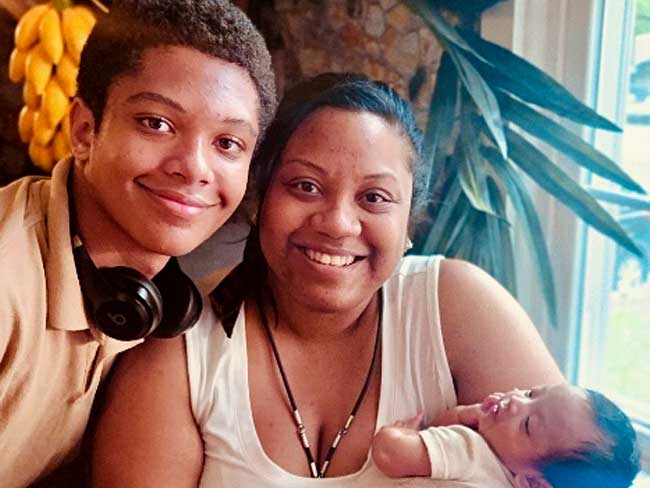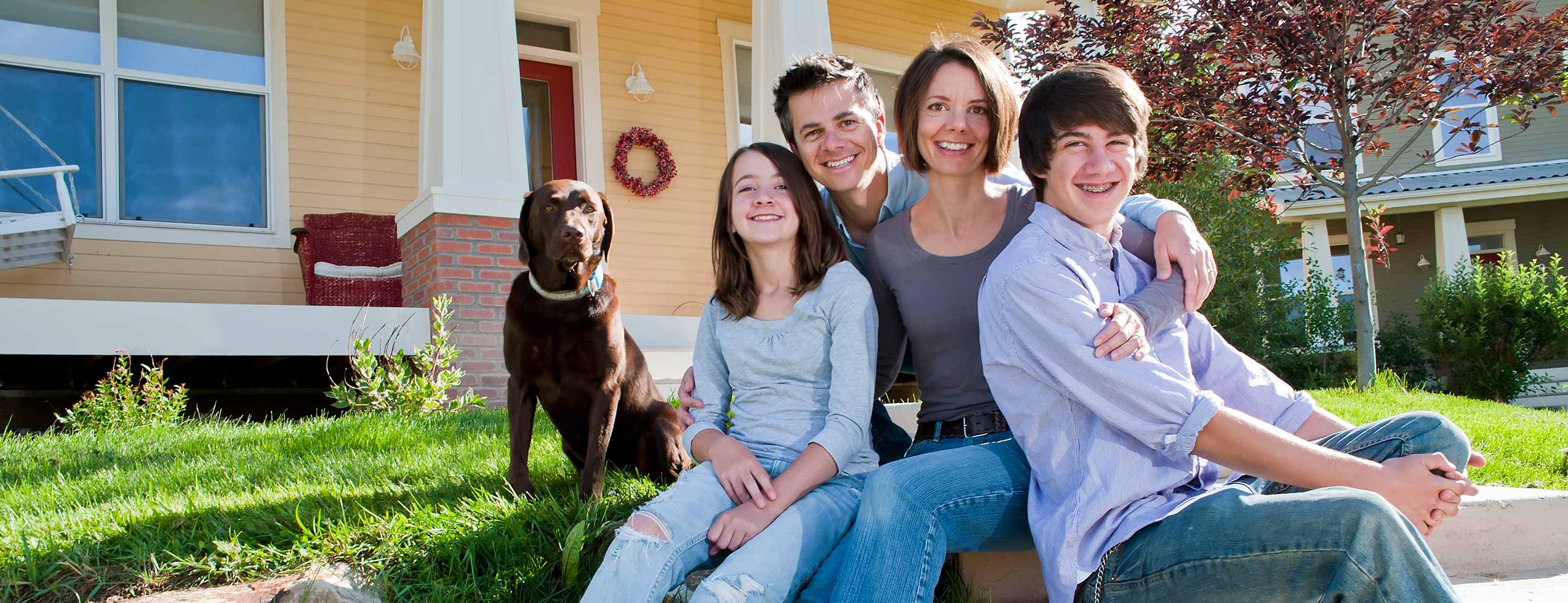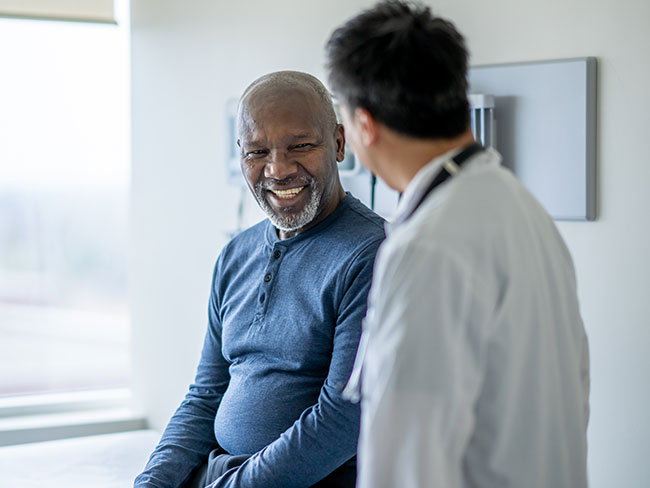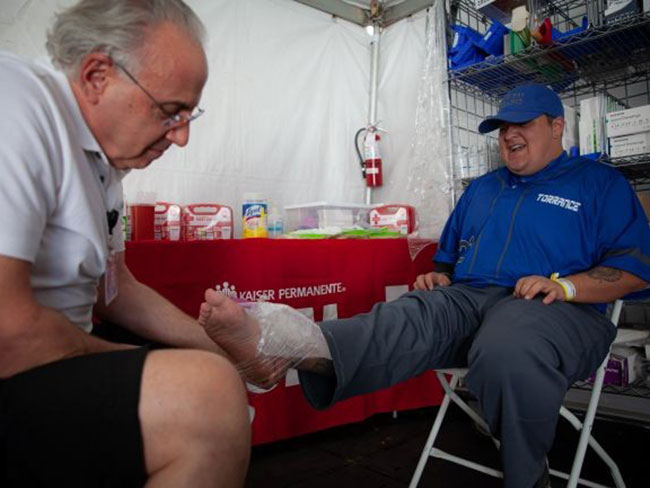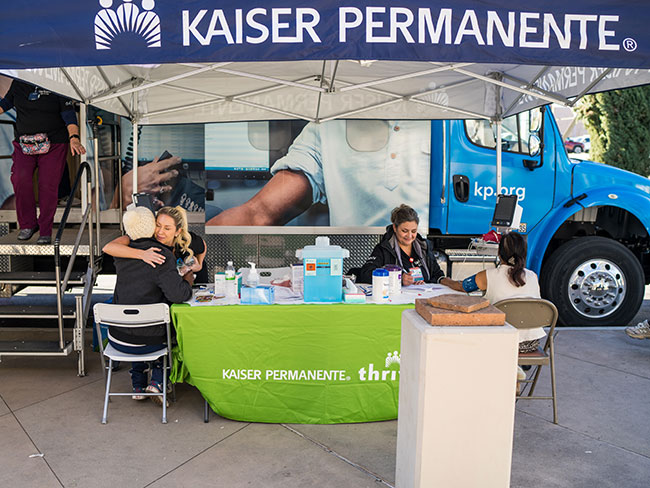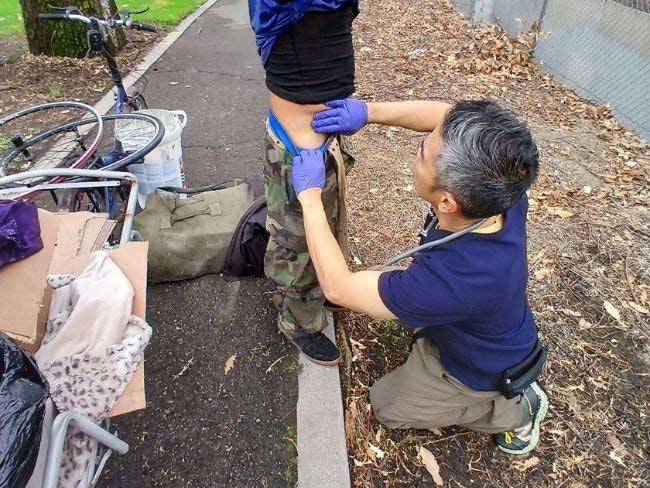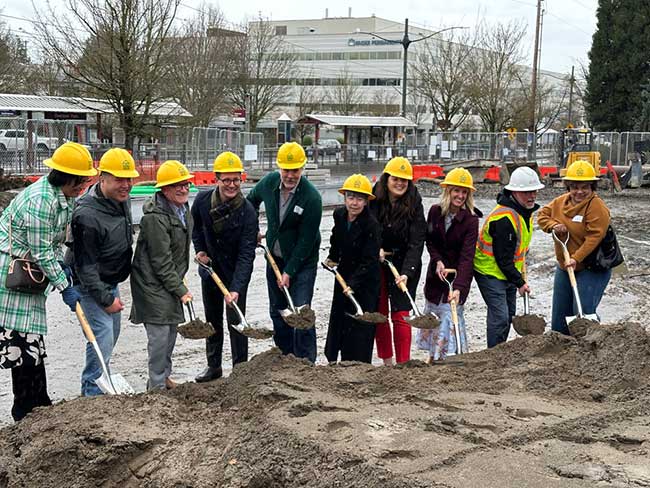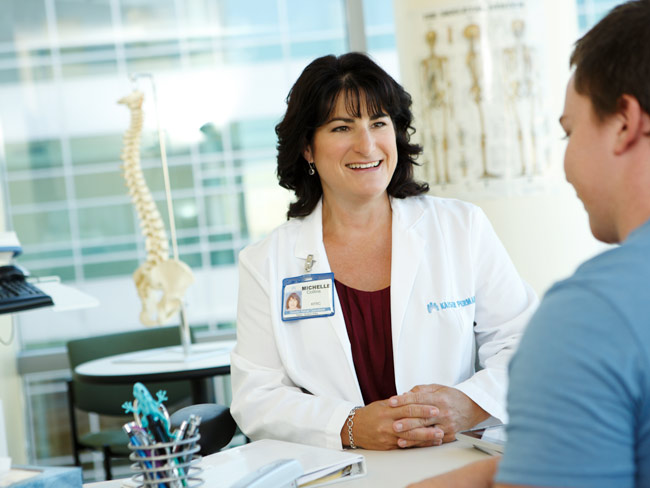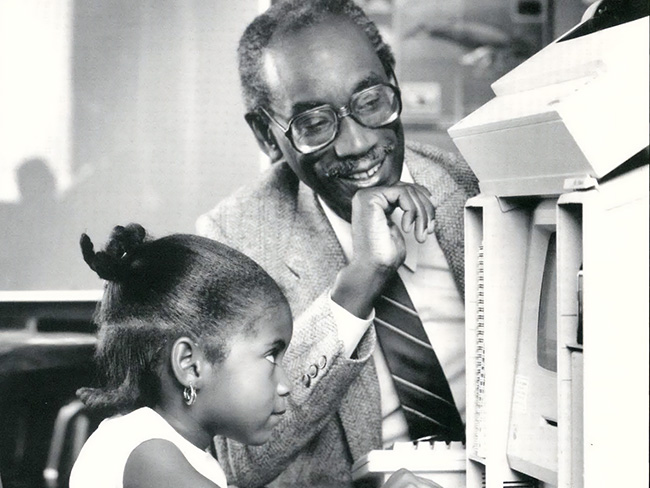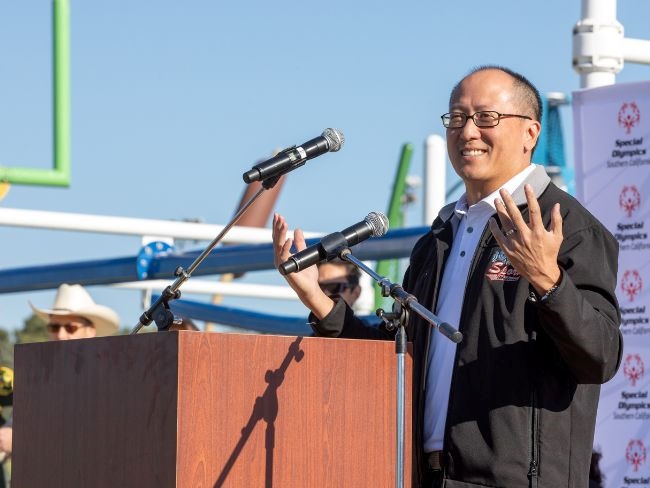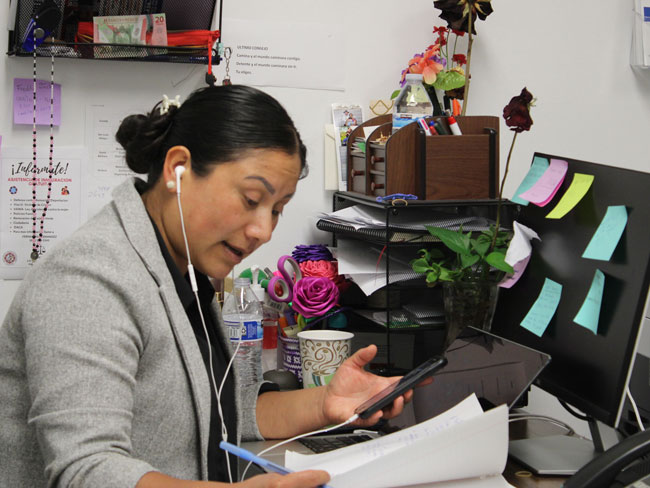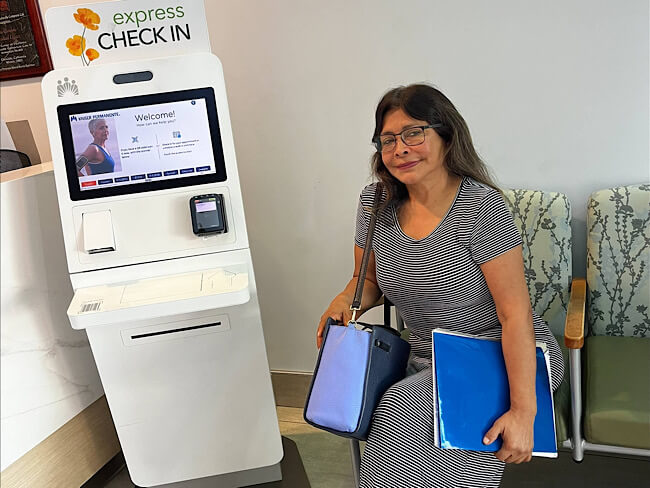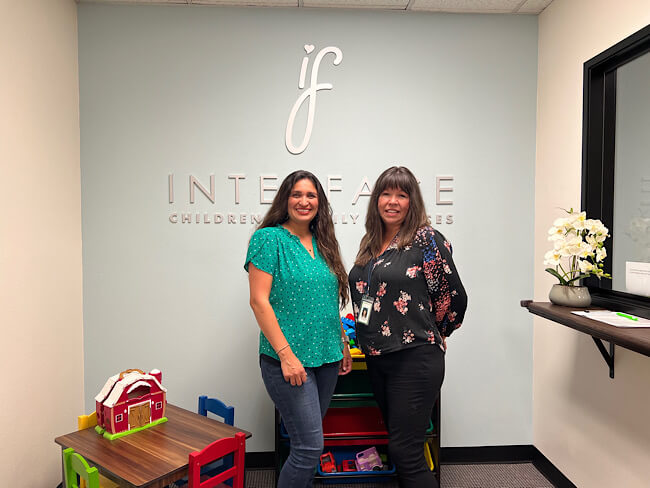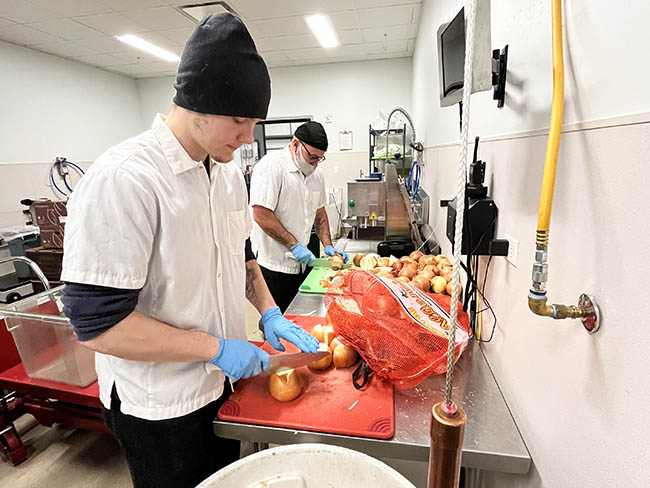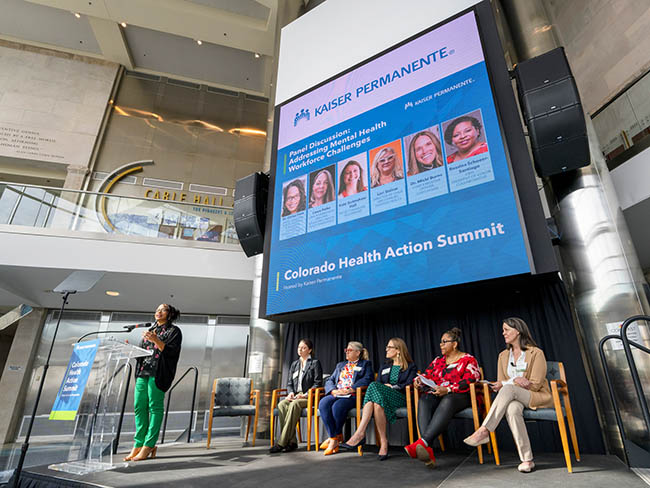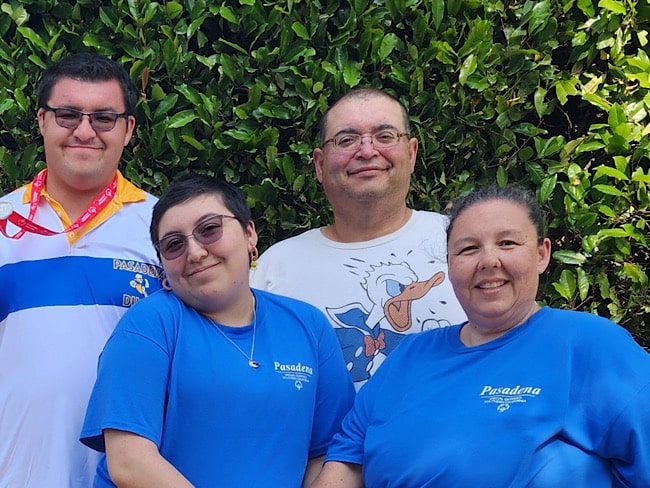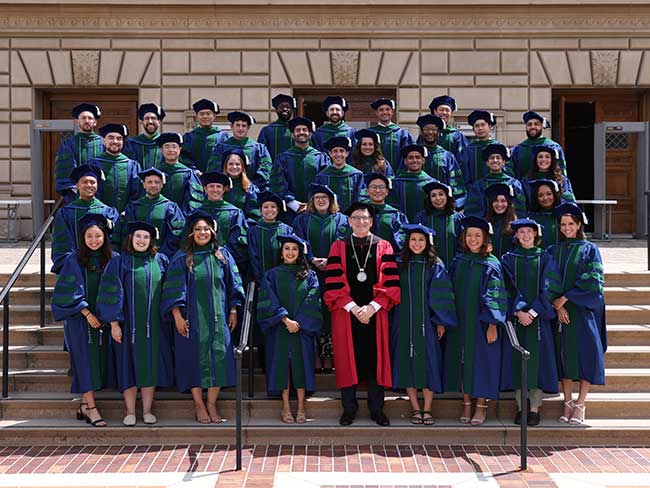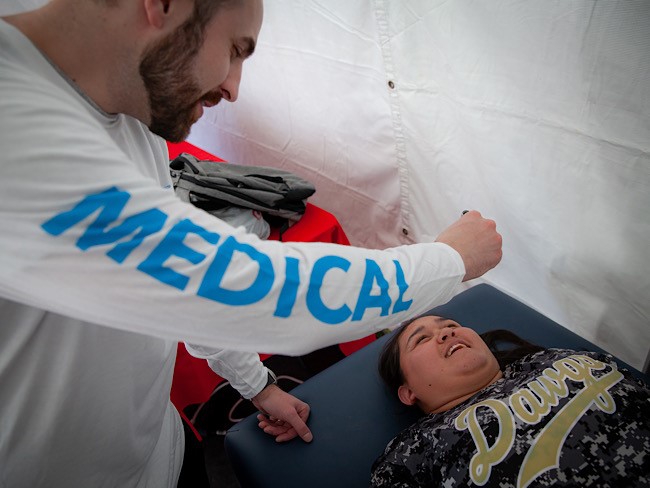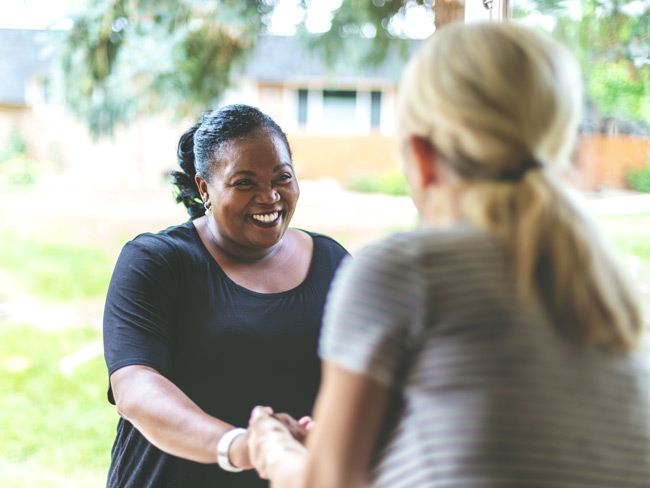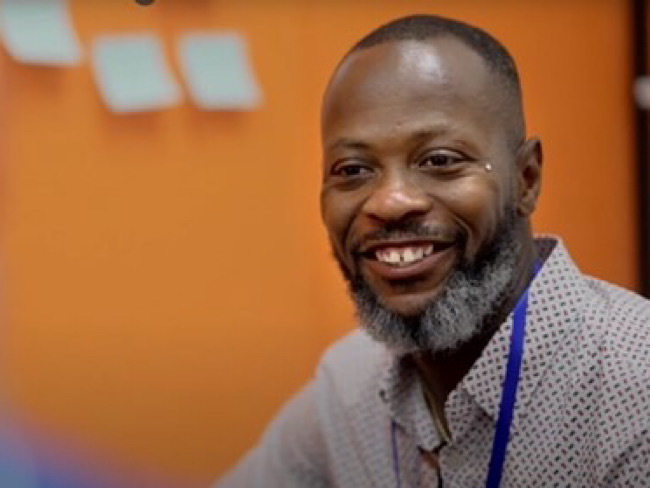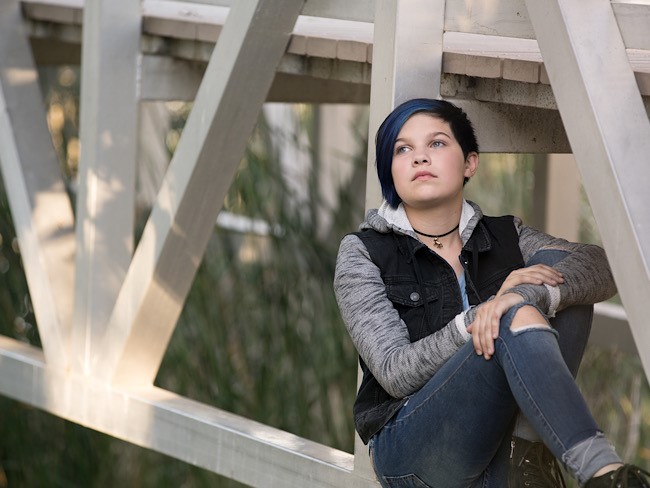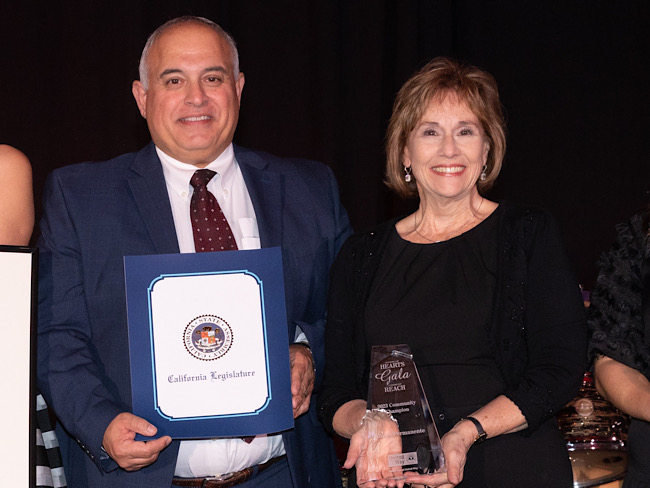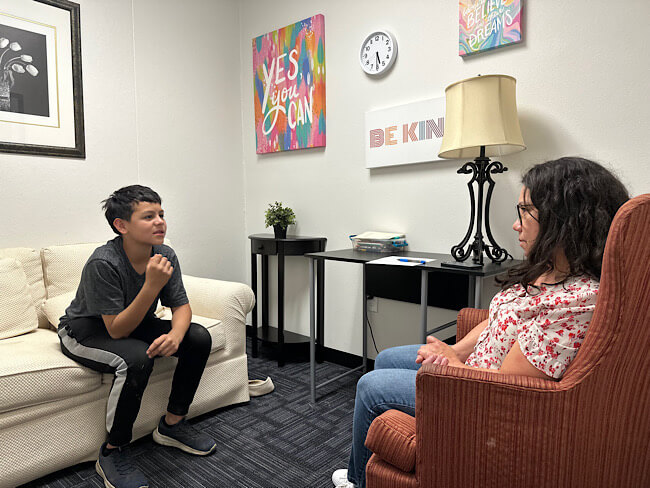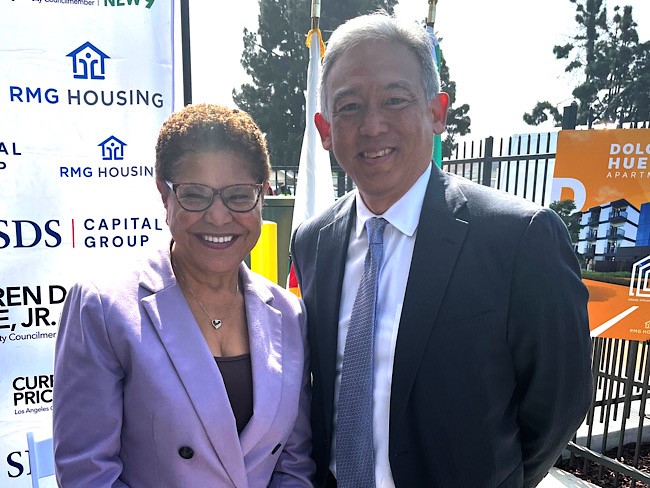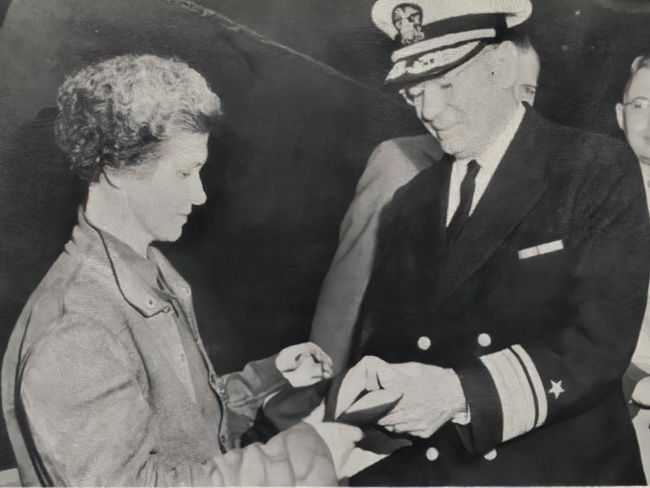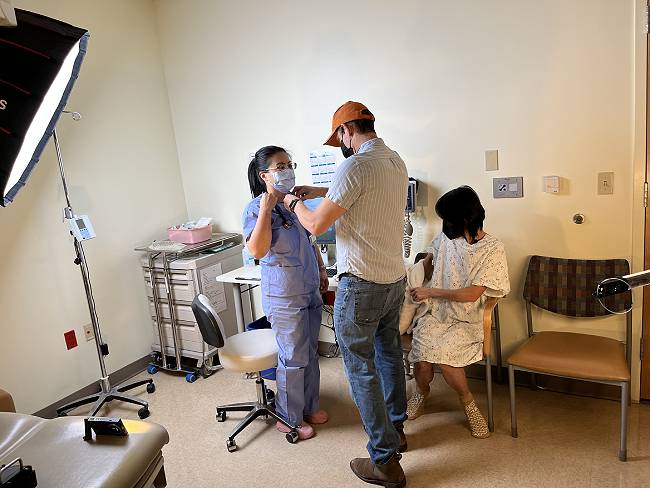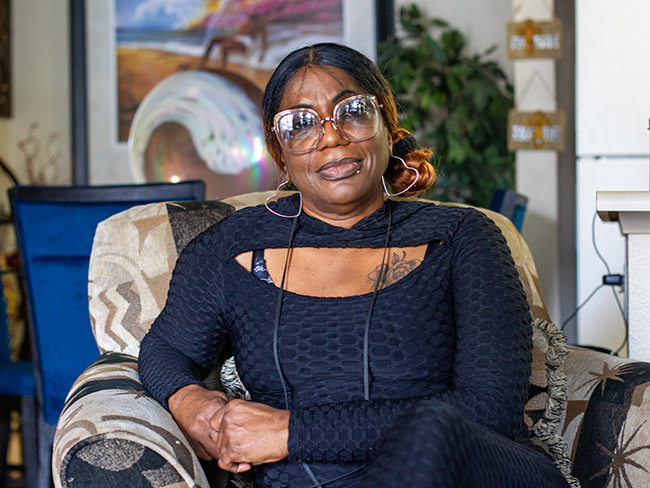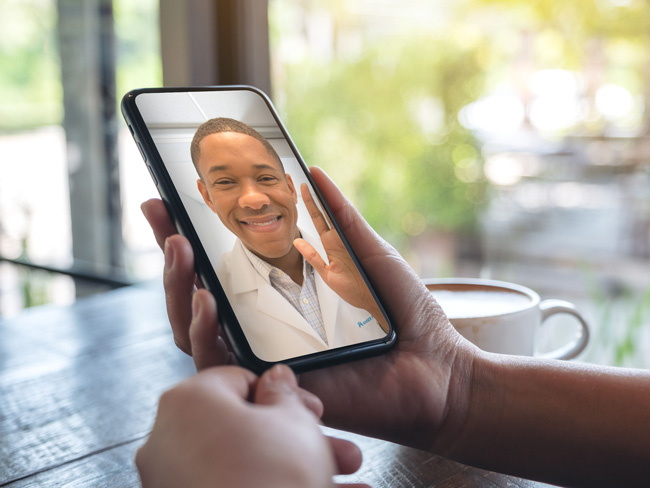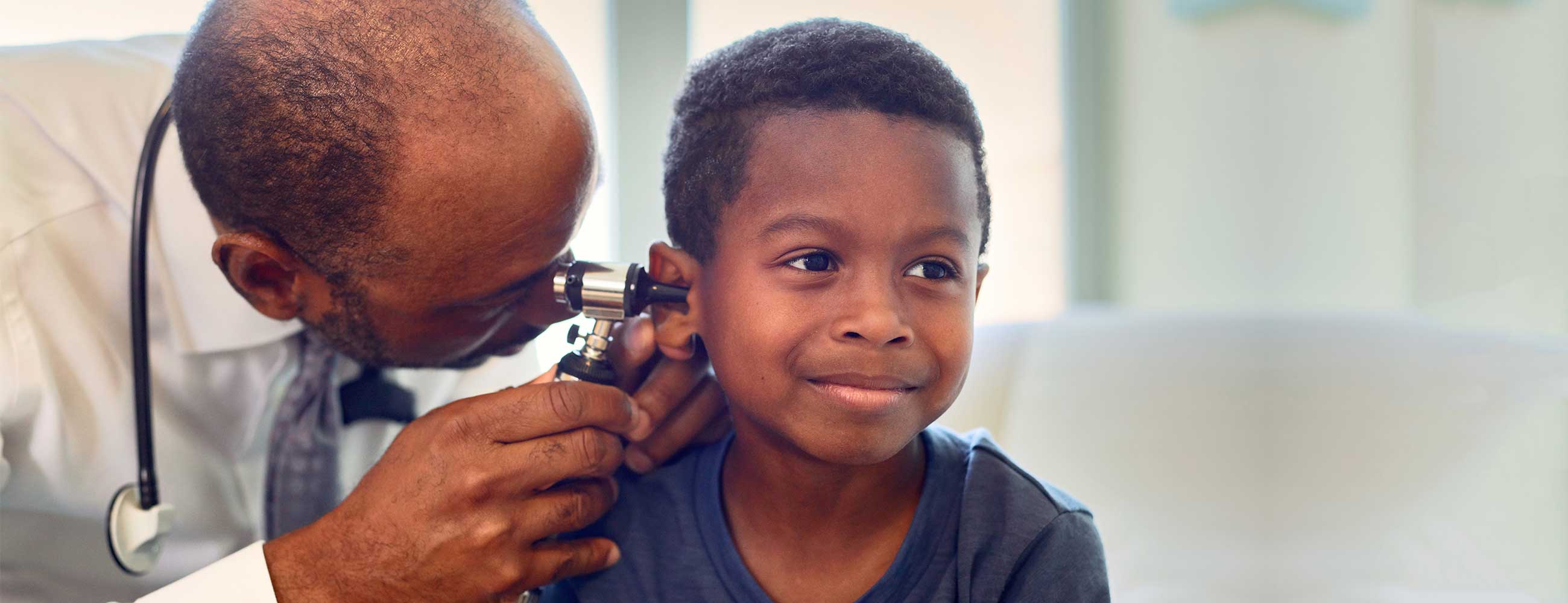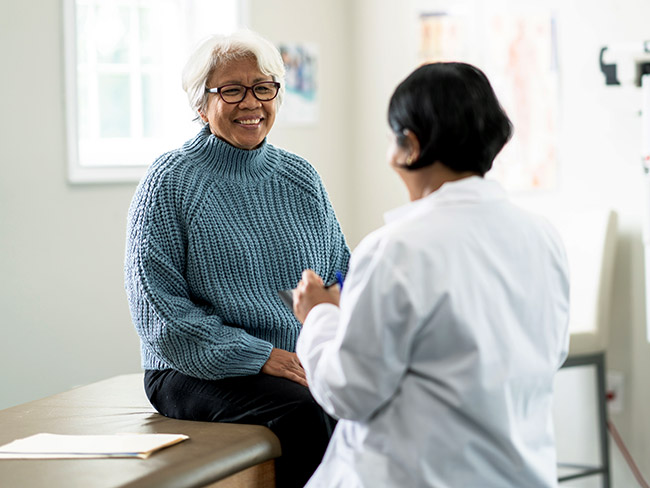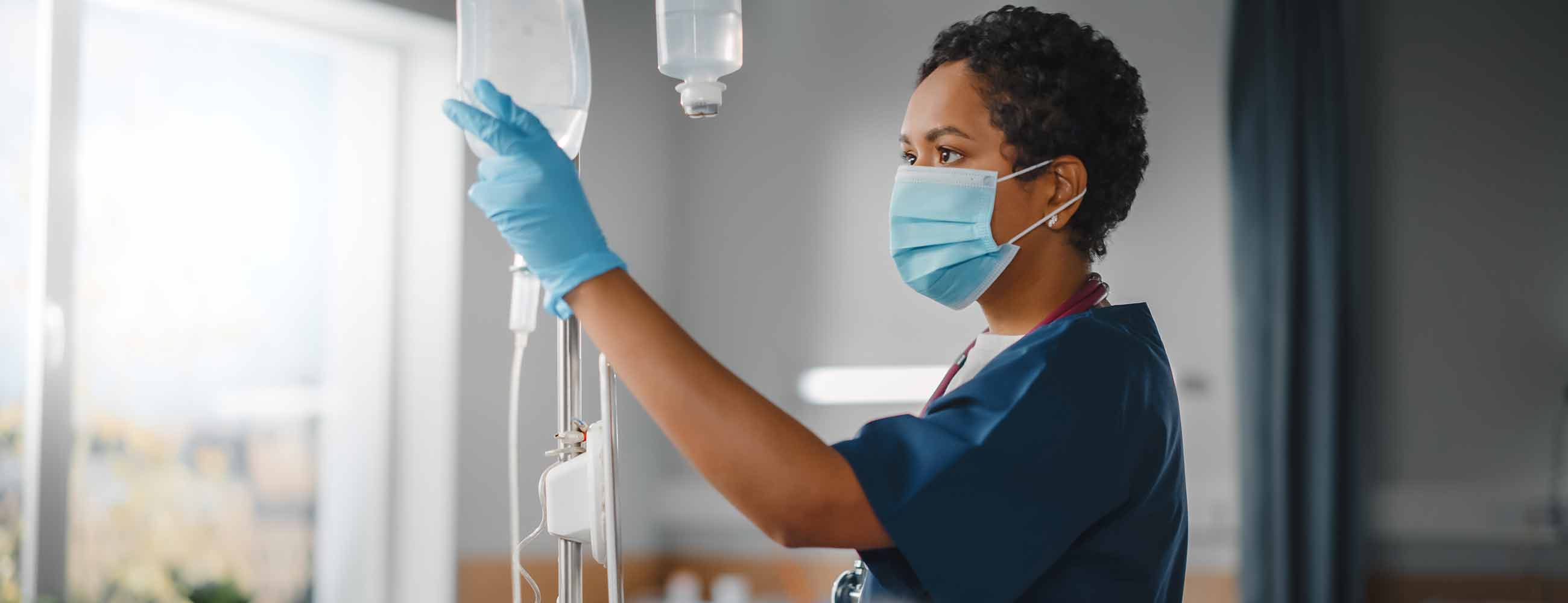It’s time to rethink health care quality measurement
To meaningfully improve health equity, we must shift our focus to outcomes and integrate social health into quality measurement.
A recent study found that housing instability was the factor most strongly associated with cancer mortality. Another showed that people with cancer who live in neighborhoods where healthy food is often expensive or hard to find are less likely to survive after surgery than those with easy access.
The research evidence is mounting to show that having a safe place to live, enough money to pay the bills, access to healthy meals, and meaningful social connections — factors that contribute to what we call social health — significantly impact health outcomes. Low-income populations, many of whom are disproportionately non-white, have more challenges meeting their social needs, which contributes to significant health disparities.
So why doesn’t the U.S. health care system address social health needs? In part because the approach to holding health plans and providers accountable for their performance is focused in the wrong place.
Quality measurement and reporting framework must evolve
The goal of the health care system should be to maximize the health of the population by ensuring that every individual receives safe, equitable, and high-quality care. For more than 30 years, employers, government programs, and government regulators have tried to support that goal by requiring health care providers to report a common set of quality measures.
These measures have often focused on health care processes — such as whether a cancer screening was performed, or a prenatal appointment was scheduled — and not what is most meaningful to patients: their health outcomes. And for the most part, these measures have not been examined through the lens of equity.
Most health plans and providers have not captured and reported on the relationship between social factors and health because it can be challenging to create the infrastructure to do this effectively — especially for those without electronic health records and stable patient populations that can be tracked over time. And quite simply, it hasn’t been required.
At the same time, many health care organizations are adopting value-based care models that focus less on how much care is provided (fee-for-service-medicine) and instead emphasize the value that care delivers to the patient (often defined by better health outcomes).
It’s time for the U.S. health care system to rethink its approach — shifting to outcome measures, accounting for the role social factors play in those outcomes, and making these measures a required part of quality reporting. This will enable health care payers and providers to benchmark against one another and contribute to a shared understanding of how to improve outcomes by addressing both clinical and social needs.
Integrating social factors into measurement to improve health equity
At Kaiser Permanente, we’re already implementing methods to routinely measure health outcomes for significant clinical conditions, including cardiovascular disease, cancer, mental health and wellness, and maternal health. And we’re building our organizational capacity to sort and analyze our care outcomes by equity dimensions, such as race and ethnicity, to identify potential care gaps and create plans to correct them.
We are also regularly screening our members for social needs and integrating assessments directly into our electronic health records. This allows our clinicians to better connect members to community resources that support their ability to get or stay healthy. It also provides data to help us understand how these social care interventions, in combination with medical care, contribute to improved health outcomes.
These are important steps, and the impact we can have on the health of our communities can be enhanced by bringing others in the health care industry along with us.
Aligning efforts will strengthen our collective impact
The U.S. health care system is at a critical tipping point with several significant initiatives underway. For example, the National Committee for Quality Assurance recently announced that social needs screening and intervention will be a quality measure within the Healthcare Effectiveness Data and Information set for measurement year 2023. This measure will assess health plan members who were screened at least once during the measurement period for unmet food, housing, and transportation needs and who received a corresponding intervention if they screened positive. Other regulators are also developing ways to encourage health plans and providers to assess social factors, take action, and measure the results.
We at Kaiser Permanente support action in this direction and believe it will be most effective if regulators and other stakeholders across the health care system align on how these types of data will be collected and reported. Adopting common standards and definitions will reduce duplicative and potentially conflicting reporting requirements and help us to acquire knowledge more rapidly on how to meaningfully address inequities over time.
By working together, we can ensure the health care system is delivering care that provides the best possible outcomes for everyone.
